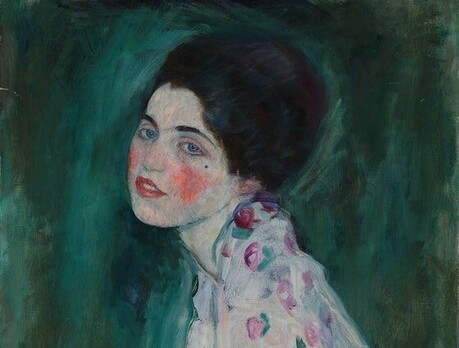Acclaimed photographer Richard Tuschman has shared a deeply personal reflection on the ongoing Israel-Gaza conflict, exploring themes of tribalism, identity, and the complexities of maintaining empathy while acknowledging deep-rooted cultural bonds. In a candid essay accompanied by his photographic work, Tuschman grapples with the tension between tribal loyalty and universal compassion in the face of unprecedented violence and suffering.
Tuschman, who identifies as Jewish, expressed his profound distress over the recent tragedy, stating he feels "utterly distressed and heartbroken by all of the suffering and death, and utterly disheartened by all of the hatred." He described feeling an "unbreakable bond" with Israel and his Jewish community, while simultaneously condemning the brutality perpetrated by Hamas against innocent Israelis as "pure evil, full stop." The photographer emphasized his long-held belief that "the world needs a democratic Jewish state as much as we Jews do."
However, Tuschman was careful to distinguish between his cultural and spiritual connection to Israel and his political stance on specific policies. He clarified that his support for Israel's existence does not translate to endorsement of "the Israeli occupation, many of its governmental policies, its past actions, or all of its current tactics." He expressed equal heartbreak over Palestinian suffering and the loss of innocent life in Gaza and other areas, describing both Palestinians and Israelis as "deeply traumatized" peoples who have been "horribly betrayed by their leaders."
Addressing the broader philosophical implications of the conflict, Tuschman challenged common criticisms of tribalism as an inherently destructive force. While acknowledging the "persuasively simple appeal" of arguments that blame tribal instincts for world problems, he questioned whether completely abandoning such connections is realistic or even desirable. He argued that humans, as social beings, maintain "a deep need and desire to be a part of, and to identify with, groups larger than ourselves, but not too large."
The photographer drew connections between tribalism and community, suggesting they may be inseparable phenomena. "Everyone agrees with the necessity and benefits of community, but isn't that just the positive flip side of tribalism?" he asked. "Can you have one without the other?" Tuschman argued that differences between communities and tribes are natural, comparing them to the variations found among individuals and families, which he described as "probably the most fundamental community or tribe."
Citing the wisdom of the late Rabbi Jonathan Sacks, Tuschman emphasized that "there is dignity in difference." He posed several challenging questions about navigating tribal identity while maintaining moral clarity: "Can we resist conflating difference with superiority or inferiority, or worse? Can we avoid or overcome the narcissism of believing that our group has a monopoly on the truth? Can we resist the instinct to dehumanize our perceived enemies, which in turn allows us to justify our most violent impulses?"
Perhaps most poignantly, Tuschman questioned whether it's naive to simultaneously seek protection from those who wish harm while maintaining empathy for them, particularly their children. He concluded his reflection by acknowledging the complexity of these moral and philosophical challenges, admitting he has "more questions than answers" and describing the situation as "quite a double-edged sword." Tuschman's work can be viewed at his official website and through Klompching Gallery, where his photography continues to explore themes of human connection and cultural identity.






























